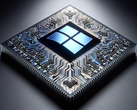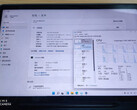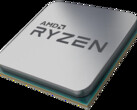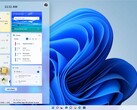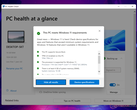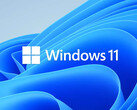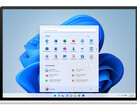Windows 11 is all set to enter general availability on October 5. During the operating system's launch back in June, Microsoft said that it was looking to bring Android apps to the Microsoft Store via the Amazon Appstore. However, that plan has been postponed to a later build and will not make it to launch date. Nevertheless, we are getting to signs that Microsoft has internally started testing Android app support.
To that effect, the Amazon Appstore has now started to appear in the Microsoft Store, though you'll need to access it manually and not via the Store app itself. The Amazon Appstore Preview is non-functional and could probably be a placeholder for now. Note that users will also be able to sideload Android APKs once this feature goes live although apps depending on Google services may not run optimally.
Microsoft will be using Intel's Bridge Technology, which is a runtime post-compiler that the Windows Subsystem for Android uses to translate ARM instructions to x86. A few benchmark results of the Windows Subsystem for Android have made their way to Geekbench indicating that Microsoft is already piloting this feature in internal builds.
Geekbench entries show the Windows Subsystem for Android being tested on various platforms including x86 and ARM. The actual names of the CPUs are hidden even though we see 8-core, 12-core, and 20-core x86 placeholders along with 8-core ARM ones. These could be likely be a variety of CPUs from the current 11th gen and upcoming 12th gen Alder Lake family; wonder what the 20-core part is, though.
As per Geekbench records, one of the ARM chips scored a single-core score of 828 and multi-core 3,047 while an unnamed 20-core x86 processor manages 571 and 4,908 scores in single and multi-core tests respectively. The ARM results seem to be in the same ballpark as that of a Qualcomm Snapdragon 865, which isn't too shabby. While too early to speculate, it could be that ARM to x86 translation via Intel's Bridge does come with a performance penalty compared to native ARM processing.
It remains to be seen how well Microsoft and CPU makers would optimize Windows Subsystem for Android. While there's no ETA on as to when this feature will go public, we should see the first signs of Android app support in upcoming Dev channel builds in the months to come and backported to the public release of Windows 11 in a future Cumulative Update.





